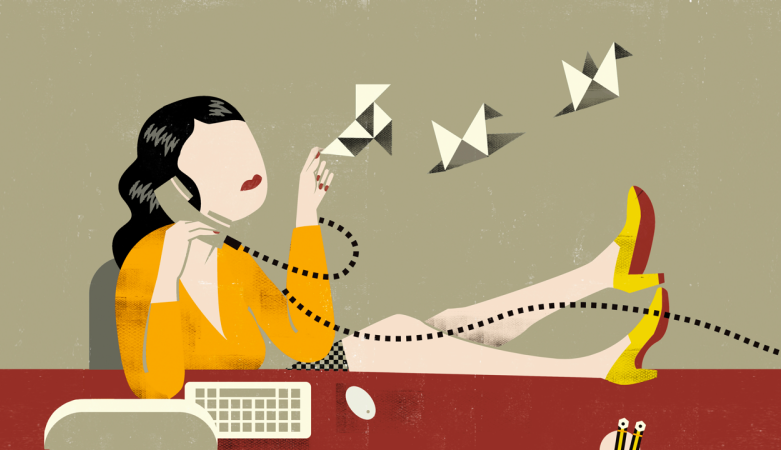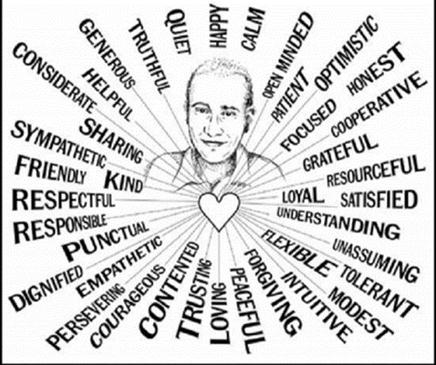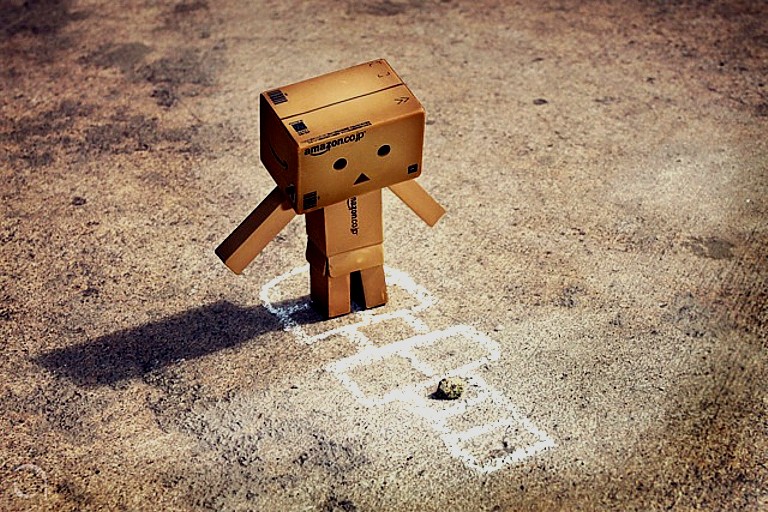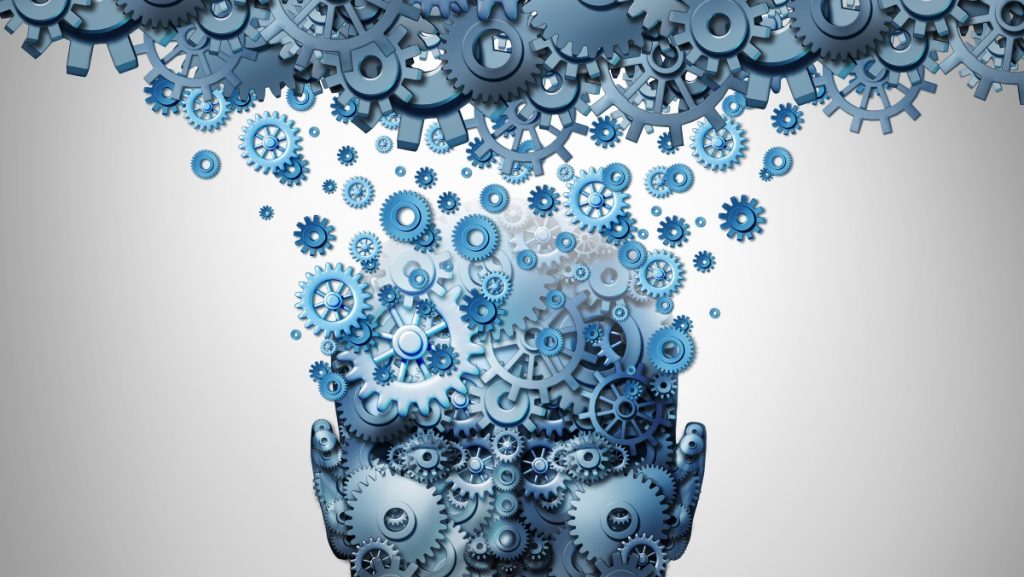In our fast paced life, we are always in a search of stability. In other words, we always find a comfort zones in our mind. For example, our body set its own system to keep our blood pressure, glucose level, body temperature and many other processes to keep the particular ‘Stability’ of our body. These processes and a particular stability are functioning to make a specific ‘Balance’ in our body. It means our daily routines have specific ‘Balance’ in our home & working environment, tasks, thought process, our potentials, our patience and many more. As we continue with the same, this particular ‘Balance’ become so normal and un-noticed to us. Actually, this ‘Balance’ is creating specific comfort zones in our mind and shaping our behaviour with the same. It always continues to as we realise to make a change in it.
Now we will see the impact of this ‘Balance’ on our body and mind. This fast paced life has given us lot of impatience and habit of excess expectations in a lesser time. Even many self-made motivation experts are contributing by imposing us to set high goals for fast actions. But we fail to understand that our fast actions are going against our stabilising or balancing factor in our body. We are trying to change and coming out of our comfort zones but it is a un-natural way of doing it. Rapid change confuses our body and mind so our ‘Balance’ start restoring it. If you are going rapidly beyond limits of your normal performance, your body and mind ‘Balance’ blocks you from doing the change.
Let’s take a simple example.
Every year we make many resolutions at the start of the year. Getting up early in the morning, going for a walk or exercise in the morning, doing cycling or swimming or gymnasium, reading at least 10 pages a day from a favourite book and joining a music class are the examples of typical resolutions, which we do. We start to do such decided activities but end up doing these things after 3 or 4 days. We just start a walk in the morning but our work keeps us busy for next few late nights. We are about to go for a music class but guests walk in at the same time. We just start reading a book, our relative asks the same book to borrow from us. Day by day, these reasons become endless and we pull ourself back in our previous routine.
We definitely can make a change in our life and come out of our comfort zones. We have to set a smaller change, focus on small wins and lesser percent of improvement. As we get success in the decided small change, we can go further for next smaller change. This means we have to give enough time and patience to our body and mind to accommodate that change in our specific ‘Balance’
If you want learn more in details, get in touch here +91-98220-24674 or jeevan@mindhealth.in







 “Our bodies can develop through leaps, but the transformation of our mind demands a consistent and structured process”
“Our bodies can develop through leaps, but the transformation of our mind demands a consistent and structured process”